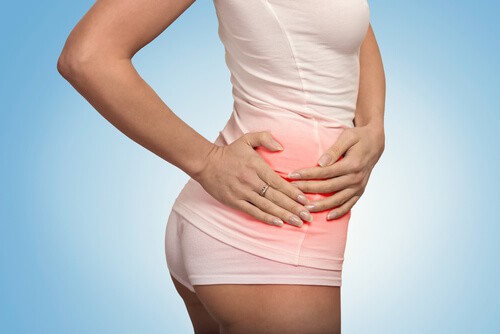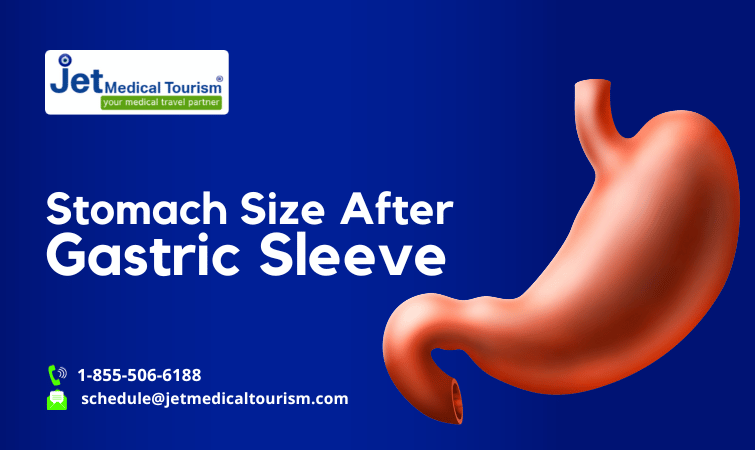Kidney Stones After Gastric Sleeve
 Kidney stones after gastric sleeve surgery is a possible side effect because patients will absorb less calcium from their gastrointestinal or GI tract. As a result, higher levels of oxalate will occur in the urinary tract.
Kidney stones after gastric sleeve surgery is a possible side effect because patients will absorb less calcium from their gastrointestinal or GI tract. As a result, higher levels of oxalate will occur in the urinary tract.
If you’re getting ready for gastric sleeve surgery, you probably are going through a list of side effects that can happen immediately and even well after the surgery.
The truth is that it will take time for your body and brain to adjust to the dramatic decrease in calories, with the result being that your digestive system will be out of balance. Kidney stones after gastric sleeve are one of many potential side effects that can occur as a result.
Calcium Absorption
Why are you more prone to kidney stones after gastric sleeve surgery? In general, the fact that your stomach is likely about 80% smaller means that it’s less able to absorb vitamins and minerals.
Calcium oxalate stones – otherwise known as kidney stones — form when this lack of absorption occurs, and there is too much oxalate in the urinary tract.
Prevent Kidney Stones After Gastric Sleeve Surgery
Although there are no absolutes concerning the prevention of kidney stones after gastric sleeve surgery, it’s possible to minimize the risk if you pay close attention to your diet and behavior.
Here are a few things you should try doing.
Drink Plain Water
Drinking a lot of water throughout the day offers many health benefits, and this even more so after gastric sleeve surgery. Sip water through the course of each day, but make sure to drink it in between meals. Hydration will be essential in helping your system clear of build-up that can result from digestive imbalances.
Don’t Eat Salt
Gastric sleeve surgery requires that you change your diet dramatically and eat a lot of whole foods. At this juncture, you may as well learn to live without salty or processed foods.
Know Which Foods Contain Oxalate
Because oxalate can build up to cause kidney stones, you’ll want to limit your intake of these foods. Nuts, beets, bran flakes, and spinach are examples of oxalate-rich foods. If you are unsure of the types of foods to limit, then you should check with your doctor.
More Veggies, Less Meat
Switching to a vegetable-based diet will help your body heal in many ways. It doesn’t mean you have to cut out meat entirely, just try to find meals with plant-based protein that you like and try to eat them a few times a week. Red meat should be explicitly avoided if you are at risk of kidney stones.
When to Call a Doctor
Kidney stones are extremely painful, and though the pain can typically start out as a dull sensation, you will know within a short period if this is something that you need to be hospitalized for as the pain will become extreme.
Usually, the pain will be felt under your ribs along your sides, front or back of the rib cage. It can also be in the lower belly and anywhere that the urinary tract is.
Pain upon urination, frequent urination, or blood in the urine can signal a kidney stone or even a UTI – but don’t let it go unchecked or dismiss it as the pain can become excruciating if a kidney stone is not treated.
Find out if you qualify for the Tijuana Gastric Sleeve by clicking through to our online application form or contact us today to find out more.
[button link=”https://jetmedicaltourism.com/apply/” type=”big” color=”blue” newwindow=”yes”] See If You Pre-Qualify[/button]
[button link=”https://jetmedicaltourism.com/contact/” type=”big” color=”blue” newwindow=”yes”] Contact Us Today[/button]




